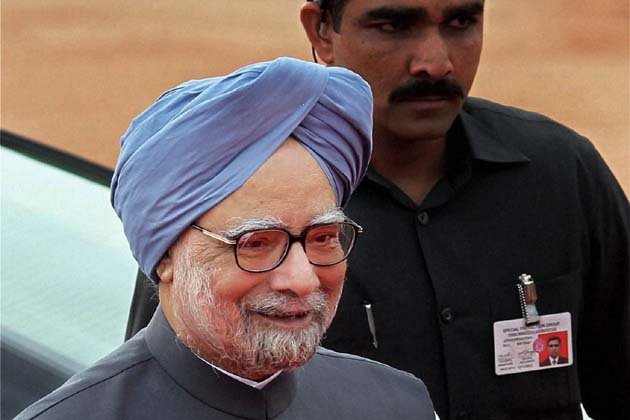
New Delhi, November 27: The deadlock in Parliament over FDI in multi-brand retail continues. After Monday's inconclusive all-party meet, the UPA coordination committee will meet on Tuesday to discuss the provision of voting. Prime Minister Manmohan Singh, too, will meet Congress allies on the issue.
Sources say the government is against having a vote, but if forced to do so, it is sure of the support of the Samajwadi Party and the Bahujan Samaj Party. Sources say the DMK is against FDI in retail but doesn't want voting, while other allies like the RLD, NCP and the National Conference are with the government for a discussion without vote.
However, sources say that the government is worried that if it sticks to it's stand of no vote, the deadlock in Parliament will continue. This is not something the government wants because it needs to pass important bills like insurance, banking and Lokpal to get over its policy paralysis and keep reforms on track. Sources say the government will convey its decision to the Speaker and the Opposition soon.
Meanwhile, in a major relief for the embattled Congress-led UPA, the Trinamool Congress, Bahujan Samaj Party and Samajwadi Party have decided against opposing the Central Government's proposal for discussion without voting on FDI in retail in Parliament. The government's trouble shooters at the all-party meet managed to convince most of the parties to go for only discussion on FDI and let Parliament function, effectively ending the debate over the numbers backing the government in Parliament, particularly the Lok Sabha where the UPA is now in minority.
Apart from the BJP, JD(U), Left Front and AIADMK, all the other parties who wanted a debate only if it entailed voting have agreed to the government's proposal for a discussion on FDI which was seen as Parliamentary Affairs Minister Kamal Nath's first major challenge. "We have had useful discussion. All parties say House must run. I have appealed to those who wanted discussion under Rule 184 to reconsider their decision. I will speak to the presiding officers," said Nath.
The support of the Bahujan Samaj Party (BSP) has come on one condition. They want the government to bring the quota bill before the FDI. Mayawati has asked for a commitment from the government on the passage of the bill that provides for SC/ST reservation in promotion in government jobs.
"The SC/ST quota bill has been pending for long time. We have been raising this issue for a long time inside as well as outside Parliament. BSP wants Parliament to function and FDI should be discussed. The rule under which discussion on FDI takes place should be decided by the Speaker in the Lok Sabha and the Chairperson in the Rajya Sabha," Mayawati said.





Comments
Add new comment